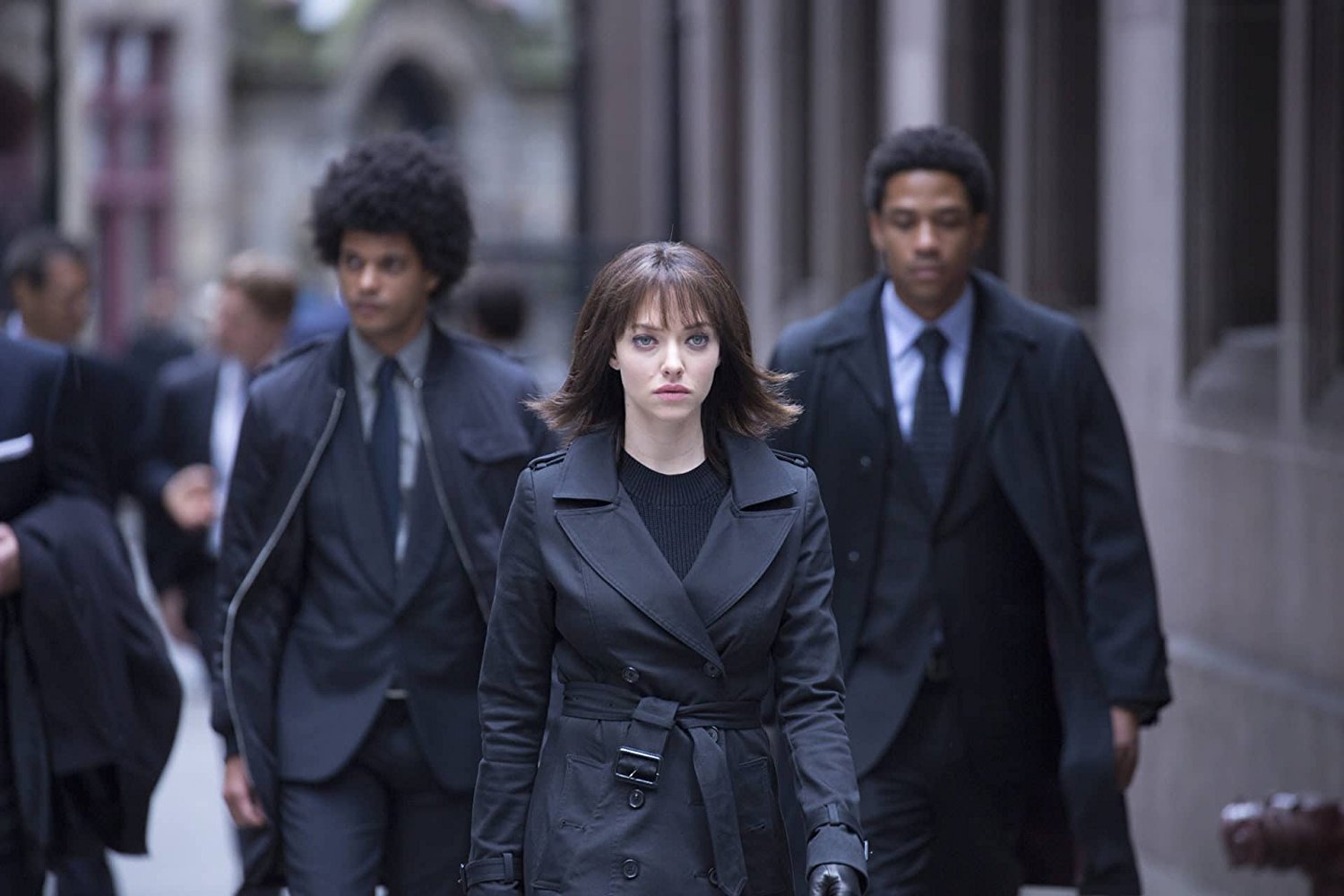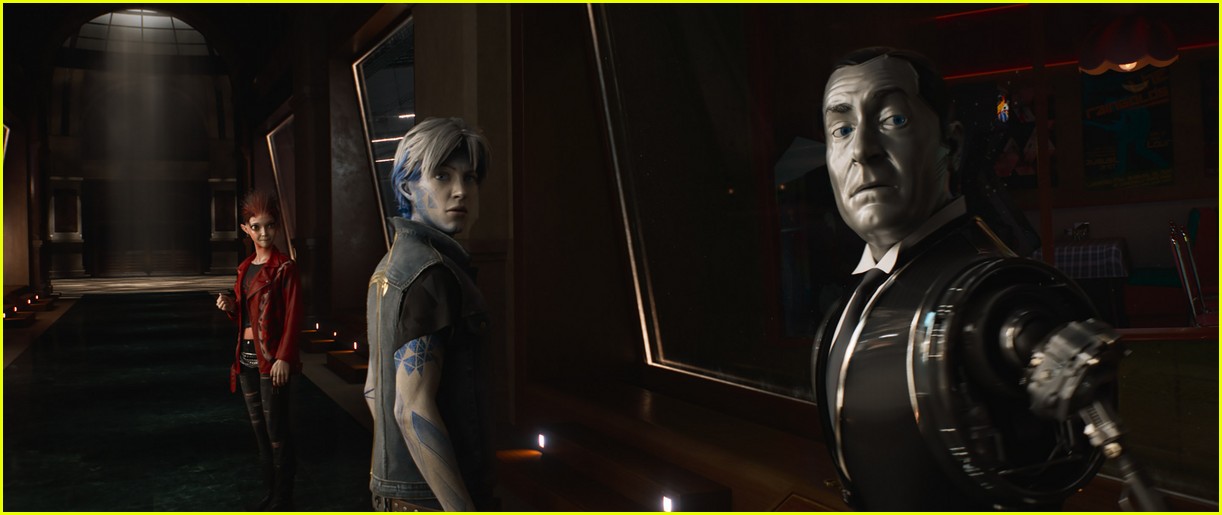Reviewed by Zoe Margolis Shot in a monochromatic, desaturated style, ANON offers a dulled vision of a near-future where no one has any secrets, or privacy. Unlike now, where people voluntarily upload personal information to social media platforms (or involuntarily, as is the case with Cambridge Analytica’s exploitation of Facebook content), citizens of this society appear to have no choice as to how their data is accessed. Instead of mobile…
Read MoreFilm Review: Ready Player One
Reviewed by Zack Evans Cyberpunk has been with us for quite some time, but it has never quite gone mainstream. Whilst Philip K Dick has been embedded in sci-fi film culture for decades, surprisingly few of the other big names (Sterling, Stephenson, Noon…) have made it directly into the medium, except Gibson’s Johnny Mnemonic, and his Pattern Recognition is stuck in Dev Hell. Instead, cyberpunk has diffused through geek culture in general,…
Read MoreFilm Review: Marjorie Prime
Adapted by Michael Almereyda from Jordan Harrison’s 2014 play, Marjorie Prime is a gently haunting and deeply affecting tale which deals with themes relating to what separates human beings from artificial intelligence and whether holding on to someone’s memories, even after their death, is an essential part of who we are. Set in a near-future, the film offers a thought-provoking look at humanity’s acceptance of AI despite all the obvious…
Read MoreLFF 2017: Grain
In Grain, cinematographer Giles Nuttgens provides a stunning visualisation of director Kaplanoglu’s dystopian vision, using black and white film shot on three continents, blended seamlessly into bold, harsh landscapes which immediately suggest an odyssey. The City is also a composite of Detroit, industrial German (e.g. Essen), and Konya, Anatolia (This is a Turkish production). These are perfectly assembled into an urban version of a colony ship. The city is now…
Read MoreLFF 2017 Film Review: Life Guidance
This film is about choosing a direction in life and how much help you really want or need; and Life Guidance certainly needs some help choosing a direction. The beginning of the film is essentially an update of Fahrenheit 451, with Alexander Dworsky (Fritz Karl) providing a Montag somewhat less flighty than Truffaut’s version, and his career choice is also a great deal more mundane – he is a futures…
Read More



